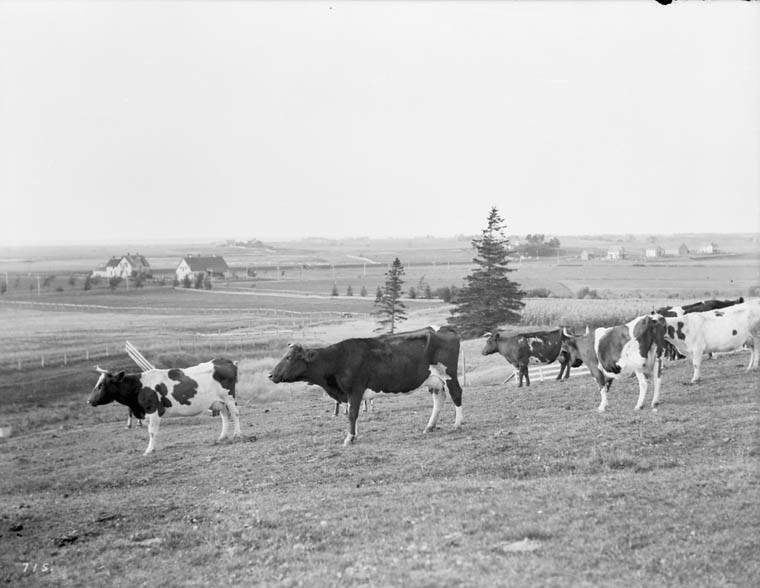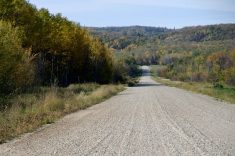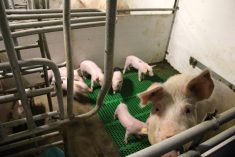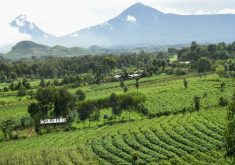Its official name is the United Nations 28th Conference of the Parties on Climate Change, or COP28 for short.
Given the news from the two-week gathering in the desert near Dubai, a better name might be “Shifting Sands, Shifting Blame.”
For example, “A staggering 88,000 people are accredited” to attend the meeting, financial magazine Barron’s reported Dec. 4, with “another 400,000 registered to visit [its] ‘green zone.’”
Read Also

Government silence loud on AAFC cuts
Canada’s federal government trumpets fiscal responsibility; their silence on a day of massive Agriculture and Agri-Food Canada cuts was baffling at best.
How do half a million people travelling to an isolated emirate on the edge of a Middle Eastern desert resemble anything close to green?
Barron’s wondered the same thing. It titled its story “COP 28: Trying To Save The Planet In ‘Disneyland’ Crowds.”
Almost everyone attending COP28 will arrive by air and many – too many – will arrive by private jet. That’s not a guess. Reuters research and analysis media hub, the Conversation, reported that “COP27 in Egypt last year” racked up “around 315 private jet journeys.”
Most solo flyers were leaders in either politics or members of the ‘wink, wink, do-as-I-say-not-as-I-do’ club. Many are members of both.
British Prime Minister Rishi Sunak, former British prime minister David Cameron and Great Britain’s King Charles each arrived on their own private aircraft, despite the fact that “from London to Dubai, private jet travel is 11 times more polluting than a commercial aircraft,” one news service noted.
Each stepped off their carbon-burning magic carpet in time for more than “two-thirds of the nations in the world, representing … 70 percent of global food production, [to sign] a declaration … assigning agriculture and food systems a role in combating global warming,” FERN’s Ag Insider said.
While today’s heavily industrialized ag sectors (and their transnational corporate suppliers) have many environmental sins to atone for, making ag into a climate change bogeyman is convenient buck-passing.
The UN’s climate change webpage still points the finger at fossil fuels: “Fossil fuels – coal, oil, and gas – are by far the largest contributor to global climate change, accounting for over 75 per cent of global greenhouse gas emissions and nearly 90 per cent of all carbon dioxide emissions.”
Big Ag, however, is striving to live up to its dirtier relatives. One of its newest efforts centres on a network of definitely-not-green pipelines carrying pressurized CO2 from ethanol plants in the American Midwest to North Dakota’s frack oil fields to enhance crude oil recovery.
An even bigger hope is for ethanol to become a green, go-to aviation fuel. But the cost for airlines to scrub their carbon-streaked reputation with this “sustainable aviation fuel,” or SAF, is “potentially further damaging one of the nation’s more important resources: groundwater,” the New York Times reported Nov. 30.
This ag-based SAF idea is far from new. In 2008, British billionaire Richard Branson flew a Virgin Atlantic jetliner from London to Amsterdam using “fuel derived in part from palm oil and coconuts,” notes another Conversation article written by two British economists.
Branson labeled the trip as sustainable; critics labeled him nuts because the short, 220-mile flight would have used up oil from three million coconuts if that had been the only fuel stock.
In late November, Virgin Atlantic tried again with “the world’s first” flight using 100 per cent SAF. This time, it used cooking oil. Again, however, while the fuel might meet the definition of sustainable, the math behind it was finite.
“If every last drop” of the 600,000 tons of used cooking oil collected in the U.S. each year “were diverted to SAFs,” the British economists calculated, “it would meet at most one per cent of America’s current aviation demand.”
Back at COP28, the president of Colombia, whose economy is based primarily on fossil fuel exports, offered a better, truly green idea: stop “the expansion of coal, oil, and gas” and “reorient his nation away from such ‘poisons.’”
Wow, no hot air. How breathtakingly simple.
The Farm and Food File is published weekly throughout the U.S. and Canada. Past columns, supporting documents, and contact information are posted at farmandfoodfile.com.














